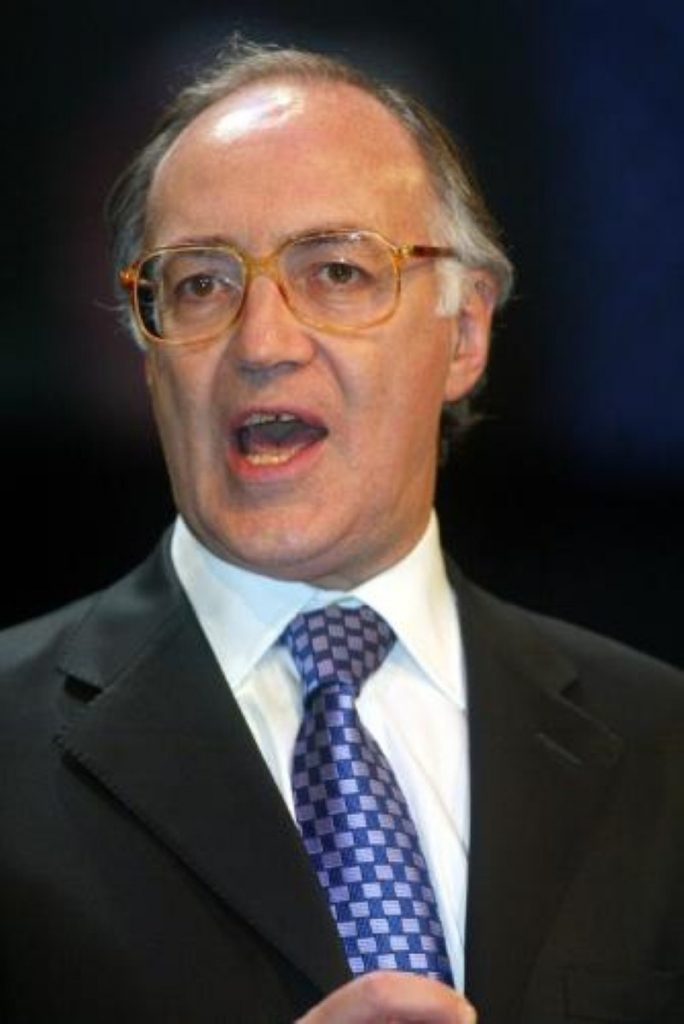Howard: Leadership election changes came from members
Conservative leader Michael Howard insisted today that proposals to give MPs control over the election of a new party leader had come from members themselves.
Speaking at the launch of the consultation document outlining the proposals, he said the party’s voluntary wing had come up with the proposals, and he had learned of them only ten days ago.
Denying suggestions that the plans were a ‘slap in the face’ for grassroots members, he said: “We will have … I hope very many more volunteer members of the party working hard for us [after the changes are made].”
However, the party’s governing bodies would take notice if the consultation revealed widespread unhappiness about the plans, he added.


He also denied suggestions that the document’s consultative nature had not been made clear to MPs yesterday in a reportedly stormy meeting, saying: “It is not a fait accompli. It is a consultation paper.”
Mr Howard also rejected a number of other rumours doing the rounds – that Conservative MPs would be required to sign up to ‘good behaviour contracts’ or performance targets as part of changes to the party’s constitution.
However, he confirmed there were plans to get all parliamentary candidates who were not MPs to sign such contracts.
It has been mooted that such contracts would include proscribed behaviour such as contradicting the party’s leader or causing ’embarrassing’ media coverage.
Mr Howard said contracts were a long-term measure to ensure electoral success and it would not be appropriate for MPs to have to follow them only for the four weeks between Parliament being dissolved and an election. However, they would apply to the other candidates, although the details of them had not been finalised as they were still being discussed internally.
Under other plans, the Conservative Party would set out for the first time a statement of its values. There would be incentives for the recruitment of new members, and measures to strengthen local associations.
Conservative Party chairman Francis Maude said that a strong local association was a prerequisite of electoral success, but nearly 200 associations had fewer than 100 members each and existed “only on paper rather than in practice”.
Local Conservative members would be better served if those associations were merged to form more viable organisations that would be able to employ professional staff, he added.

